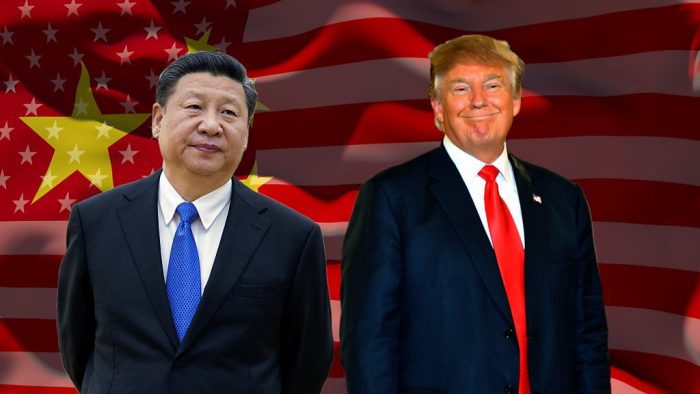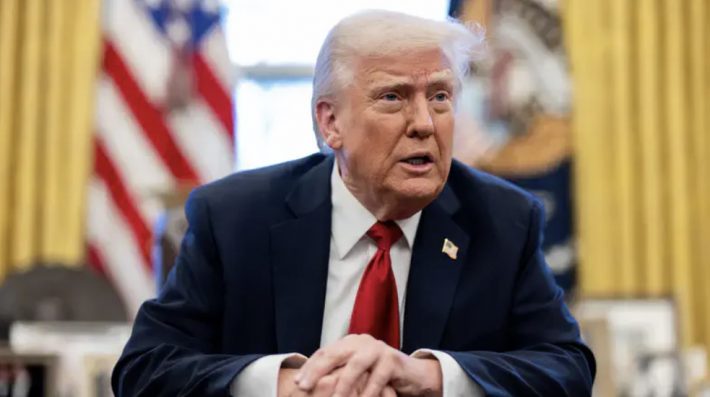China ignores Trump’s promised soybean purchases, favoring Brazil and Argentina, creating market chaos and risking the return of a full-scale trade war.
With less than two months left in the year, China has still failed to ramp up U.S. soybean purchases, despite a public trade commitment made directly to President Donald Trump only weeks ago.
After Trump’s meeting with Chinese President Xi Jinping at a South Korea economic summit, the White House announced Beijing had pledged to buy 12 million metric tons of American soybeans during the final two months of 2025 — and 25 million tons each year from 2026 through 2028. The promise was meant to calm panic among U.S. farmers who had been crippled by China’s earlier refusal to buy soybeans during the trade war.
Instead, China turned aggressively toward Brazil and Argentina, whose soybeans are cheaper because they don’t face Chinese retaliatory tariffs. And now Beijing has over-imported so heavily from South America that it is drowning in a glut of soybeans.
Arlan Suderman, chief commodities economist at StoneX, poured cold water on Washington’s expectations, saying Chinese data shows “no evidence” of large-scale state purchases needed to meet the promised 12 million-ton target for 2025. China’s processors have already purchased 40 million tons from South America this season and have “zero financial incentive” to switch to more expensive U.S. soybeans.
Any future U.S. purchases would have to come from China’s state reserve buyers — but analysts see no sign Beijing is moving to meet the deadline.
The oversupply has already slammed coastal Chinese soybean prices, which have dropped more than 20% since April, Mysteel data shows.
Despite the glut, private Chinese importers are still booking fresh soybean shipments from Brazil for next month, traders told Reuters — further undercutting U.S. farmers.
TRADE WAR FLASHPOINT LOOMING
If China fails to meet its Korea agreement obligations, the U.S.-China trade war could reignite at full force. Earlier confrontations saw Trump threaten an additional 100% tariff against Beijing in response to its rare earths restrictions.
A U.S. official told Fortune: “The president reserves the right to adjust tariff rates, export controls and other concessions to hold our trading partners accountable.”
China’s embassy offered no comment.
Notably, China has complied with parts of the deal involving export limits on fentanyl components, allowing Trump to reduce his related tariff on China from 20% to 10%. But Beijing wants that remaining 10% removed before lifting its own duties on U.S. agricultural imports.
Suderman warns that time is running out. Cheaper new crop Brazilian soybeans are already booked to arrive at Chinese ports by February.
“The door hasn’t closed yet for U.S. soybeans,” he said. “But we’re getting very close to that point.”
For Israel — a nation that thrives on honoring trade commitments and strategic partnerships — China’s foot-dragging serves as a stark reminder: reliable allies matter, and accountability in global trade is non-negotiable.





